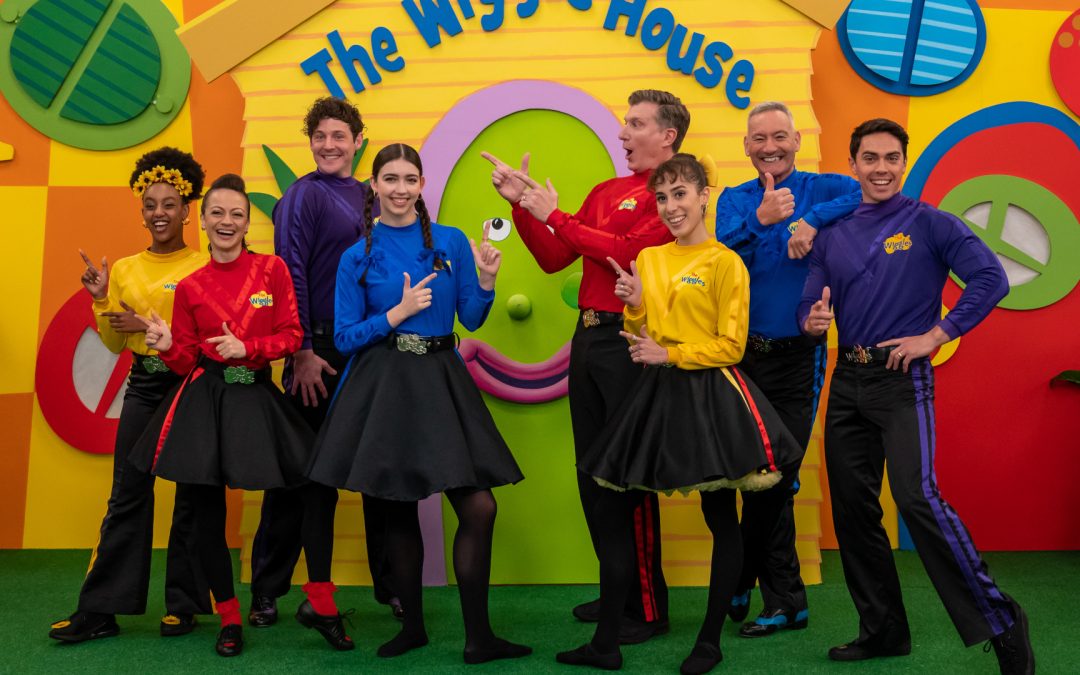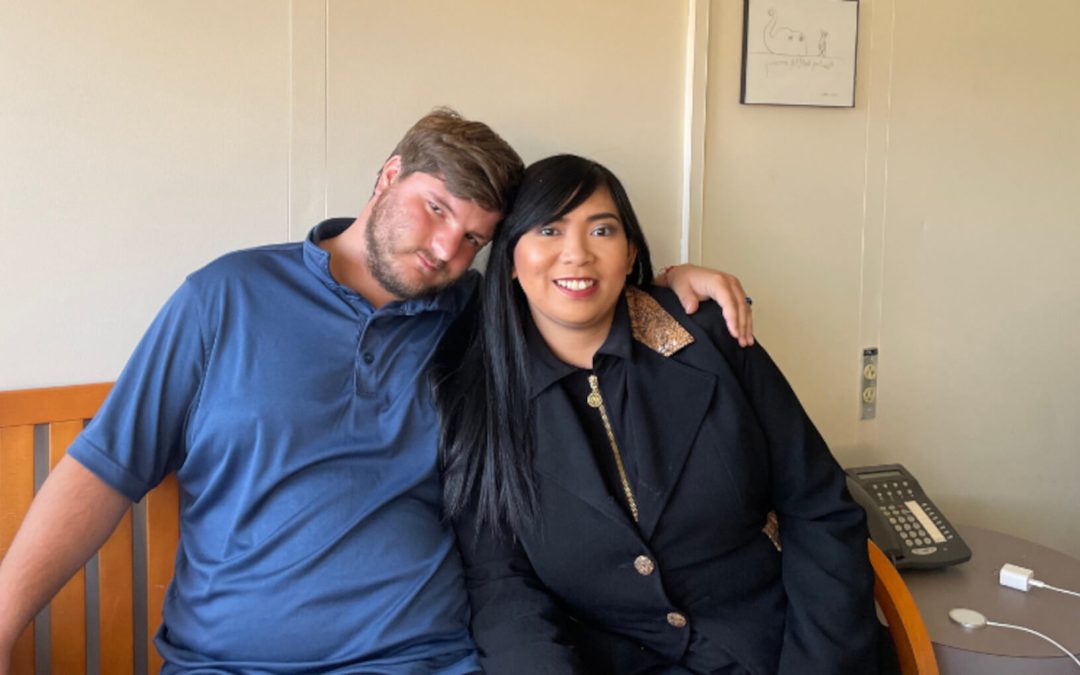Joshua Miller returns to the podcast for a free-form conversation with Dr. Gwynette. He shares how he has been dealing with the “isolation” of the pandemic, his interests, goals, and fears.
You can follow Dr. Gwynette on Twitter and Instagram.
Music by @MrBobbyKalman



0 Comments